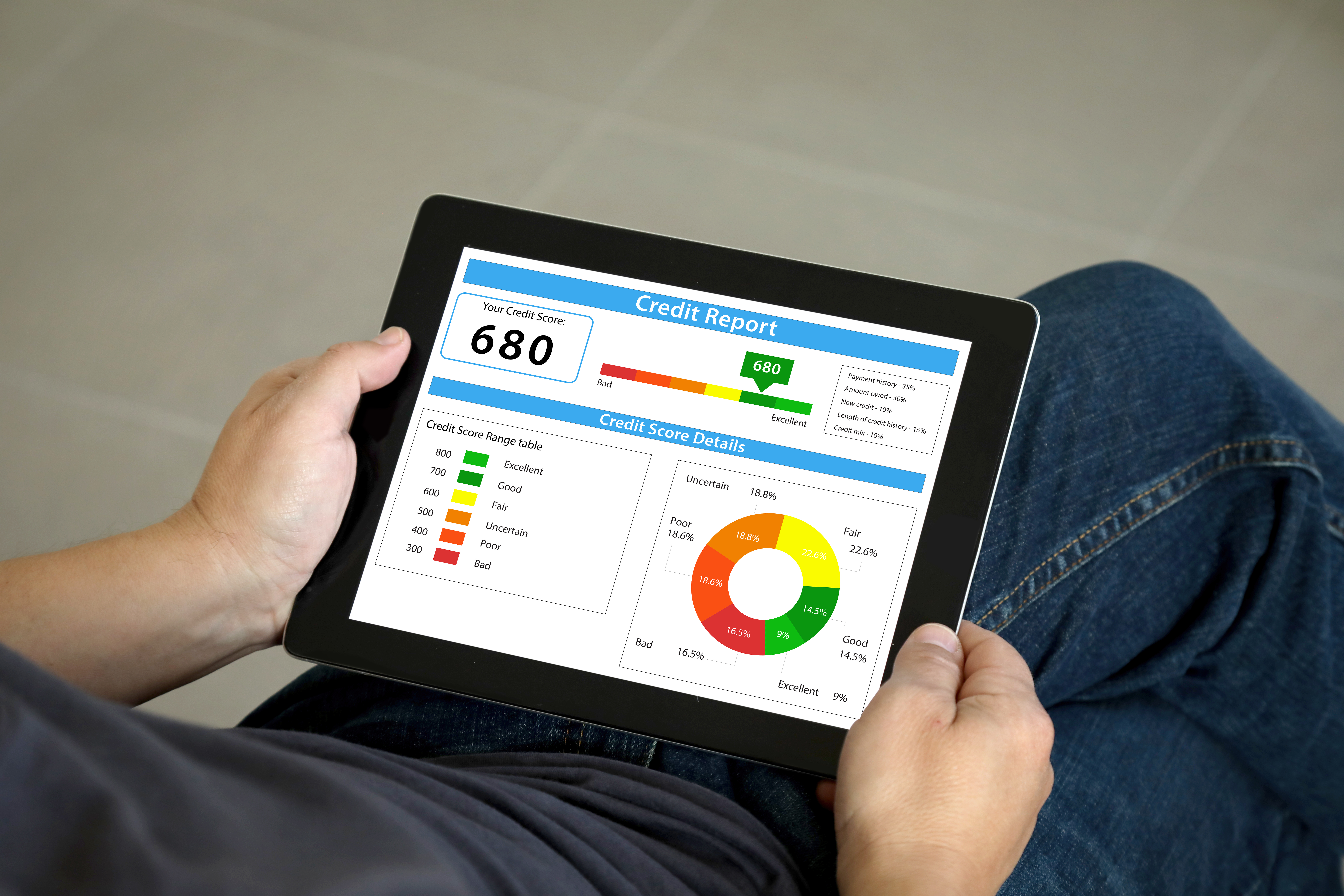Understanding Your Credit Report
It doesn't matter if you're debt-free, a millionaire, or trying to establish or rebuild credit, you should be aware of what's on your credit report. It may seem confusing and overwhelming to read your credit report, especially if it's your first time looking at it. Understanding your credit report could help you see where you stand with your credit, and it could help you save time and money as you're able to recognize red flags and errors that may appear on your report.
What is a credit report?
A credit report is a detailed report of how you manage your finances. Companies use this report to verify identity, extend credit, and determine loan rates. Also, the credit report is used by landlords, insurers, and employers to determine the applicant’s eligibility for products and services.
Your credit report contains your personal information, credit account balances, payment history, public records, and inquiries. The information on the credit report is collected by credit bureaus. The major credit reporting companies are Equifax®, Experian®, and TransUnion®.
What is a credit score?
The credit score is a component of the credit report. The credit score is a numerical value calculated from the information in the credit report. There are multiple versions of the credit score; however, most companies use the FICO® (Fair Isaac Corporation credit scoring model) score to make credit decisions. The FICO® credit score ranges from 300 to 850. Credit scores from 670-739 are considered good, 740-799 are considered very good, and 800-850 are considered excellent.
What determines a credit score?
Payment history.
How much you owe.
Length of credit history.
The age of your credit accounts makes up 15% of your credit score. The length of your credit history is determined by how long the account has been opened (from the oldest account to the newest account) and how long it's been since the credit account has been used. A longer credit history helps your credit score.
Types of credit accounts.
The types of credit accounts you have makeup 10% of your credit score. These accounts include revolving accounts and installment accounts. A revolving account allows you to borrow money or use credit up to a certain limit, and minimum monthly payments are required until the account is paid off. This type of account allows you to continuously use the credit on the account. Revolving accounts include credit cards, home equity lines of credit, retail store cards, and gas cards.
An installment account is typically a loan. It allows you to borrow money and make fixed monthly payments until the loan is paid off. Once the loan is paid off, the account is closed. Installment accounts include mortgage loans, student loans, and auto loans.
New credit.
New credit makes up 10% of your credit score. This indicates how many credit accounts you've opened within a certain period of time. It also includes hard inquiries. A hard inquiry is when a lender pulls your credit for the purposes of providing a new loan or credit. Although new credit makes up 10% of your credit score, it could negatively impact your credit score, especially, if you apply for multiple cards or credit around the same time.
Before applying for a credit card or a loan, the lender will check your credit report to determine your eligibility. It is recommended to examine your credit report at least once a year to check for errors and to dispute unauthorized activities with the credit reporting company. If you are a victim of identity theft, take the necessary steps to dispute the discrepancy and reclaim your identity. Everyone is legally entitled to a free credit report each year from each of the three credit-reporting companies: Equifax®, TransUnion®, and Experian®.
If you spend responsibly, pay on time, manage your accounts, and monitor your credit report, you will be well on your way to having healthy credit and the score to back it up.
References:

